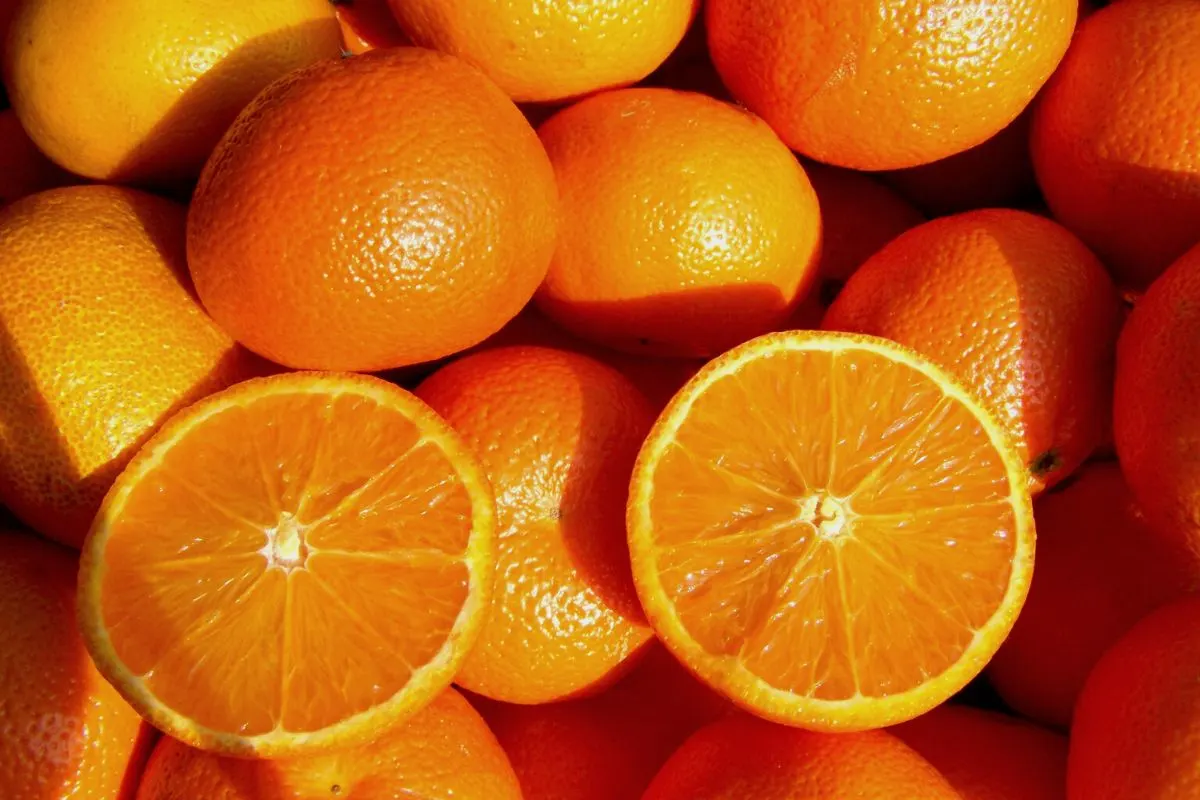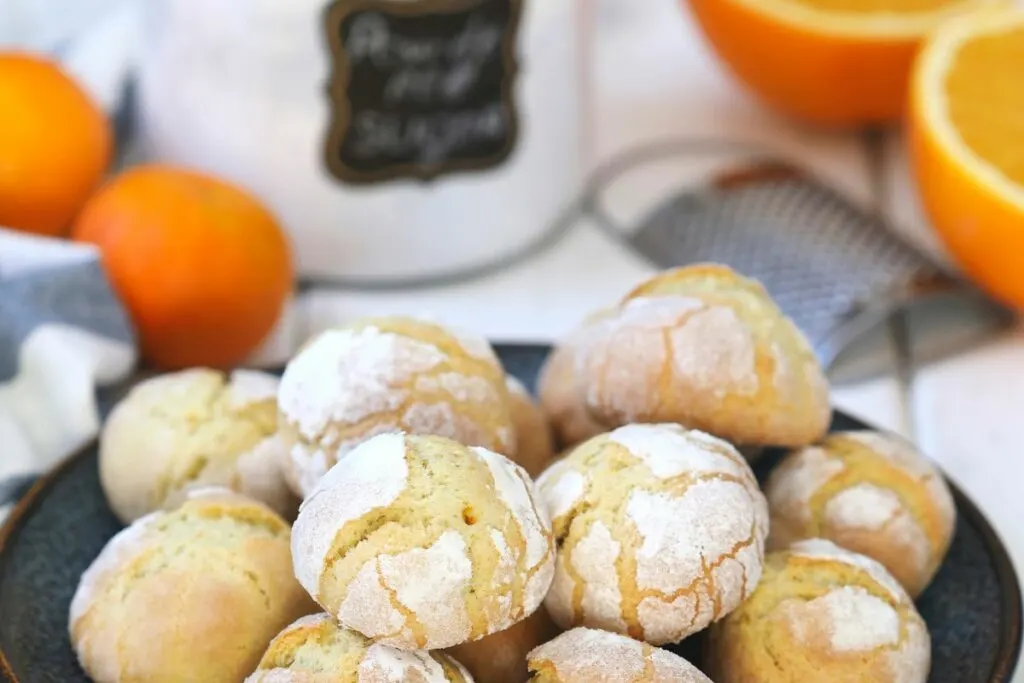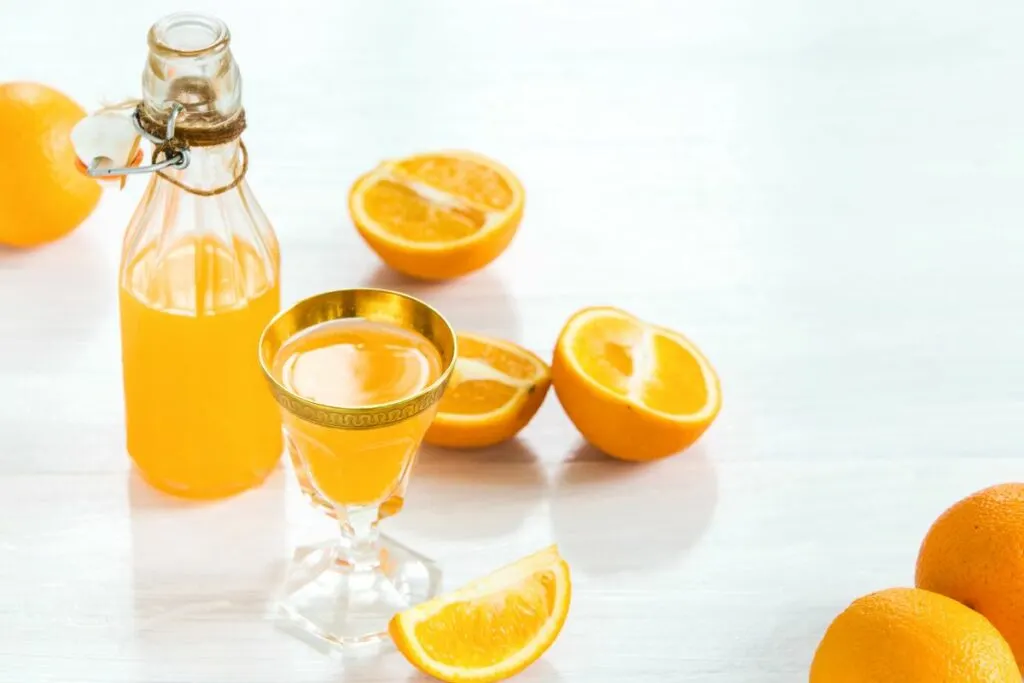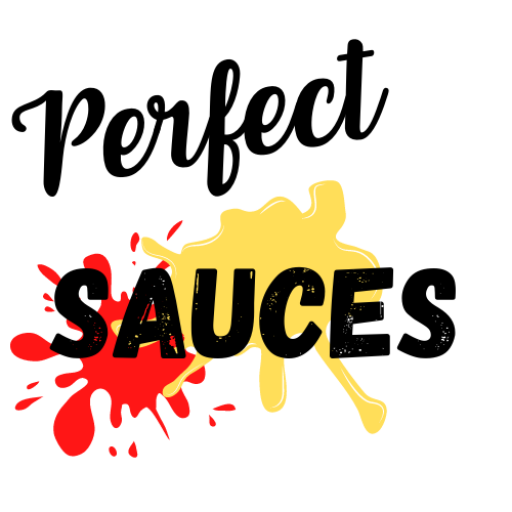Orange extract is the most simple way to get that delightful orange flavor in your dishes. But since it isn’t a staple in most cupboards, how do you go about using it? You can substitute orange extract for orange juice, orange liqueur, and orange zest. You could even use maple extract substitutes and rum extract substitutes. But these are only a few pantry staples you can turn to. So, let’s just hop into every detail about these orange extract substitutes for you to use.

Jump To
🤷 What is Orange Extract?
Orange extract is a flavoring agent that’s derived from oranges. It’s a highly concentrated form of the flavor compounds found in oranges. The extract is typically made by soaking orange peel in alcohol, which separates out the essential oils and other flavorful compounds. These are then combined with water to create a highly concentrated extract.
🧑🍳 How to Make Orange Extract
Simply fill a glass container with fresh orange peels, then fill it up with an alcohol-like vodka and store it for a month. Make sure to seek quality organic oranges from local farms in order to make an extract that’s free from exterior biological contamination. The hardest part will be waiting for it to bloom into that delicious concentrated flavor, which can take several months.
📌 How to Use Orange Extract?
Orange extract lends itself well to savory recipes such as salad dressings, pork chop sauces and seafood, and marinades & glazes. Here are some savory and sweet uses for orange extract.
- Biscotti – Orange extract is in this Cranberry Orange Biscotti recipe
- Italian Orange Spice Cake
- Mini Pastiera Pies
- Ricotta Cheesecake
- Orange Cream Pie
- Orange Buttercream frosting for cakes and cupcakes
- Orange Yogurt
- Orange Rum Cake
- Orange Cookies
- Duck l’Orange
- Orange Chicken – Panda Express Copycat
- Citrus Salad dressing
- Orange Sauce for shrimp, fish, and vegetables
- Olive oil infusion with herbs and orange extract
- Baked Brie with Cranberry Sauce
- Orange Chutney

💡 5 Best Orange Extract Substitutes
Orange Juice
Orange juice is easily available in many homes and markets. It’s the most suitable substitute for orange extract thanks to it being exactly the same flavor, but one obvious difference is the amount of liquid. With a concentrated orange extract, you only need a few drops to enhance the flavor of your dish. You’ll need to use it in a recipe that calls for a significant volume of liquid. Substitute 1 cup of orange juice for every ½ teaspoon of orange extract + 1 cup of water called for in the recipe.
Orange Zest
Orange zest is the simplest alternative to orange extract. If your recipe doesn’t require any liquid and only needs the citrus flavor, orange zest is the best substitute. The zest of orange is grated orange peel, which adds a tang to recipes. As an approximation, one orange yields about 2-3 tablespoons of zest. More orange zest will be needed to substitute orange extracts, so use it in a 2:1 ratio.

Orange Liqueur
Orange liqueur is not just great for cocktails and beverages, as it can also be a great swap for orange extract in baking. This sweetened alcoholic beverage contains the orange flavoring you need, while the alcohol in the liqueur will burn off during the heating process. Popular orange-flavored liqueurs are triple sec and curacao, while some brands you may recognize are Grand Marnier and Cointreau. It gives a comparable flavor to orange extract and may be used as a substitute in a 2:1 ratio.
Orange Marmalade
Orange marmalade is a versatile, delicious, and quick substitute for orange extract. Classic orange marmalade is simply cooked orange fruit, citruses like lemon, water, and some sugar. The oranges contain natural pectin that thickens the marmalade without the need for additives. You may also want to thin out the marmalade in the liquid of your dish by adding a tablespoon of it directly in place of a few drops of orange extract.
Other Citrus Extracts
If you don’t have orange extract, you can substitute any other citrus extract that you have at home. Some common citrus extracts include lemon, lime, or grapefruit; any of these may be used in place of orange extract. Use them in a 1:1 ratio, but remember that whatever extract you’ll use will be part of the final flavor of your dish. If you use lemon extract in place of orange extract, then your orange cream pie will become a lemon cream pie.
🧐 FAQs
When substituting orange zest for orange extract, the general rule of thumb is to use twice the amount of zest as extract. For example, if a recipe calls for 1 teaspoon of orange extract, you can use 2 teaspoons of orange zest instead.
Orange extract has a bold and vibrant flavor that captures the essence of fresh oranges. The taste is characterized by a delightful combination of sweetness and citrusy acidity. The concentrated nature of the extract intensifies the natural sugars found in oranges.
Orange extract is a concentrated flavoring made from the oils of orange peels, while orange zest is the colored part of the orange peel that contains aromatic oils. Orange extract is more potent and has a stronger flavor than orange zest.
